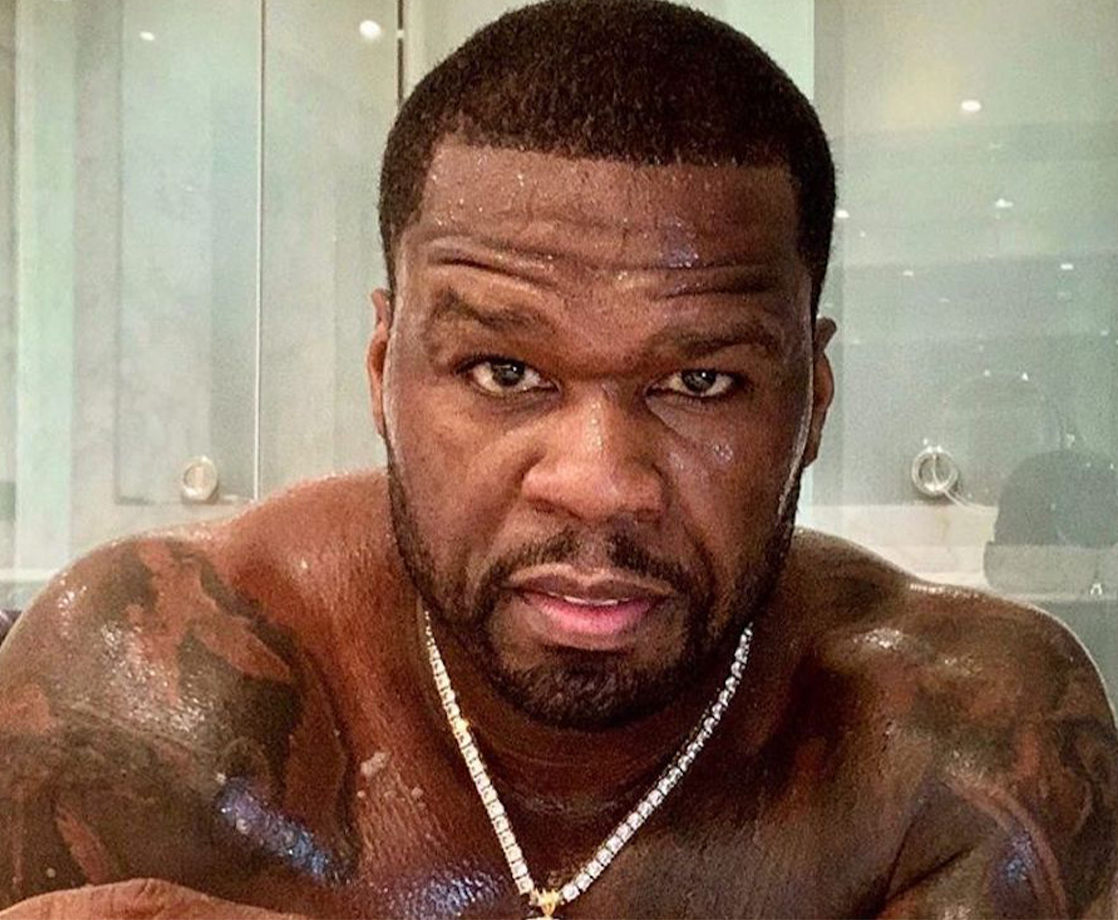New Mexico’s licensed pot shops sold $40.6 million worth of cannabis products in August, breaking the state’s previous sales record set in July.
In July, the state sold about $40 million in legal weed, well over half a million dollars shy of August’s figure. Just over half of those sales, or about $24.2 million, were for recreational weed.
“In most states, you see very early sales during the first few months,” said Andrew Vallejos, the interim director of New Mexico’s Cannabis Control Division, according to KOAT Albuquerque. “Typically sales will fluctuate after that. We don’t know if there will be seasonal variations in sales. Right now, it looks very encouraging.”
Hunt added that he believed sales may continue to grow, especially as the state expands its markets.
New Mexico’s recent success story illustrates how legalization continues to fascinate Americans, even after the state’s residents could access legal weed in neighboring Colorado and Arizona (which began legal adult-use cannabis sales in 2014 and 2021, respectively).
New Mexico launched legal weed sales in April, scoring $4.5 million in sales during the first weekend. By the first month of licensed sales, the state sold $22 million. In June, it sold $37.7 million.
However, some industry insiders are concerned the state’s nascent market may be growing too quickly.
“It’s about half the cost to open a new store in New Mexico than say in Arizona,” Pat Davis, the co-founder of Weeds Cannabis Services, told KRQE news earlier this month. “It’s an attractive opportunity to be first, but we’re starting to see that that market is getting really flooded and it’s hard for some of these independent people to really have the business to stay open long term because there’s so many people coming into the market.”
“We simply don’t have enough suppliers to fill all the stores,” Davis continued, “and so many folks are ready to open just can’t put enough stuff on the shelves to pay the bills.”
In all fairness to Davis, Colorado saw a similar glut of new cannabis businesses after it started legal sales eight years ago. In 2015, Denver enacted a moratorium on new licensed pot businesses to curb the rapid growth of competitors across the city. At the time, that unchecked growth threatened to dilute the market and force dozens, if not hundreds, of existing operators out of business.











